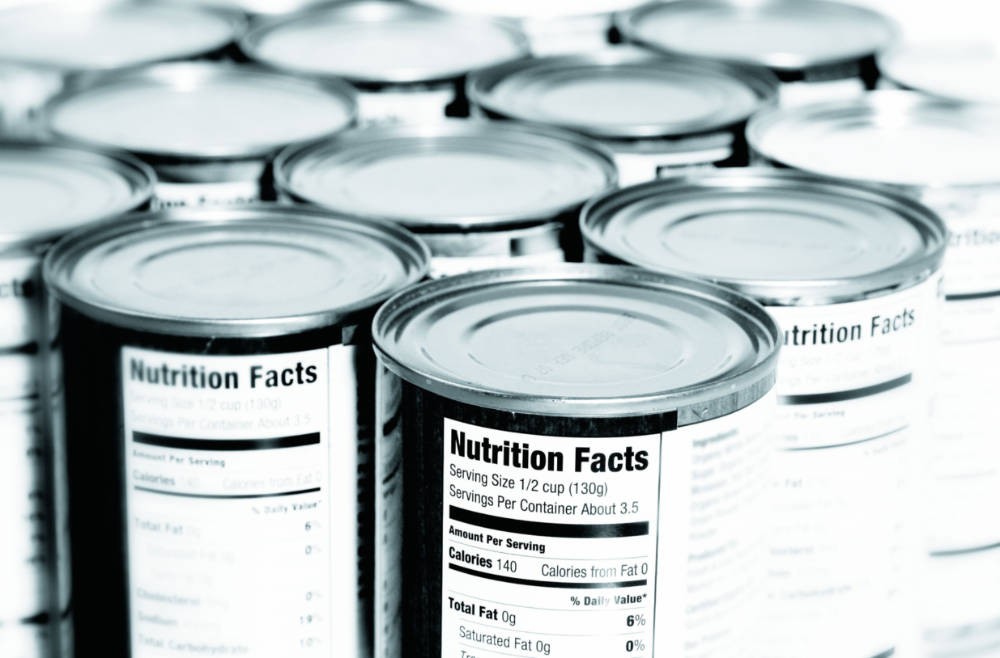Plant-based food manufacturers and retailers are navigating a complex landscape of ever-evolving labelling laws, with different states imposing unique requirements that affect how products are marketed. As the plant-based market grows, businesses must ensure they comply with both state-specific regulations and best marketing practices to safeguard brand integrity.
Labeling laws can vary widely depending on the product and jurisdiction. For example, plant-based milk alternatives may encounter strict regulations regarding sustainability claims on labels, with some states not allowing such claims unless they can be substantiated legally. Manufacturers must consider where their products will be sold, as not all claims will be accepted across different states.
A key development in state legislation is the 2025 Florida Farm Bill, which bans terms like “milk” or “meat” on plant-based products unless they derive from animal sources. This has led to confusion over what plant-based companies can legally call their products. The Florida Department of Agriculture is expected to issue further clarifications on the law later this year.
At the federal level, the FDA has also issued draft guidance for plant-based food labelling, aiming to ensure that labels clearly communicate the nature of the product, such as “plant-based sausage made from soy protein,” and avoid misleading claims. The final version of this guidance, expected later this year, could reduce state-level regulatory inconsistencies.
The Plant-Based Foods Association has voiced concerns over the FDA’s draft, arguing it could create unnecessary obstacles for the industry. They believe current regulations are sufficient to prevent misleading labelling and warn that new requirements could stifle growth.
With shifting regulations and consumer demands for transparency, plant-based food producers are urged to stay engaged with regulatory bodies, ensuring their labels align with both legal requirements and customer expectations.


